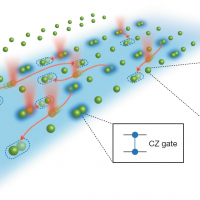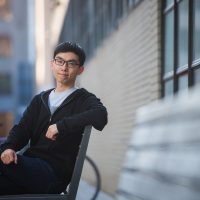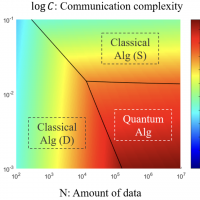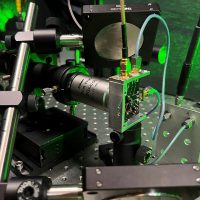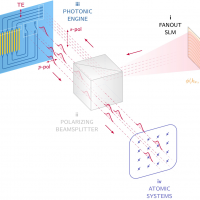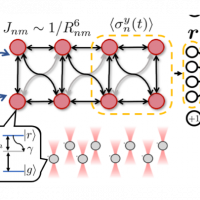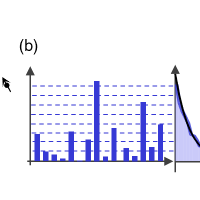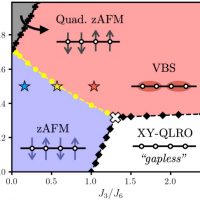News
Sun November 20, 2022
Communication-efficient quantum algorithm for distributed machine learning
News type:
Sun November 20, 2022
Quantum sensor can detect arbitrary frequency electromagnetic signals
News type:
Sun November 20, 2022
Brain-inspired quantum machine learning for decision-making, entanglement witnessing, time-reversal
News type:
Mon November 14, 2022
Benchmarking quantum devices based on fingerprints of quantum chaos
News type:
Mon November 14, 2022
Quantum Mechanics Intertwines Symmetries: how to study deconfined quantum criticality using analog quantum simulators
News type:
Thu November 10, 2022
First demonstration of scaling speedup in solving an optimization problem on a programmable quantum simulator
News type:
